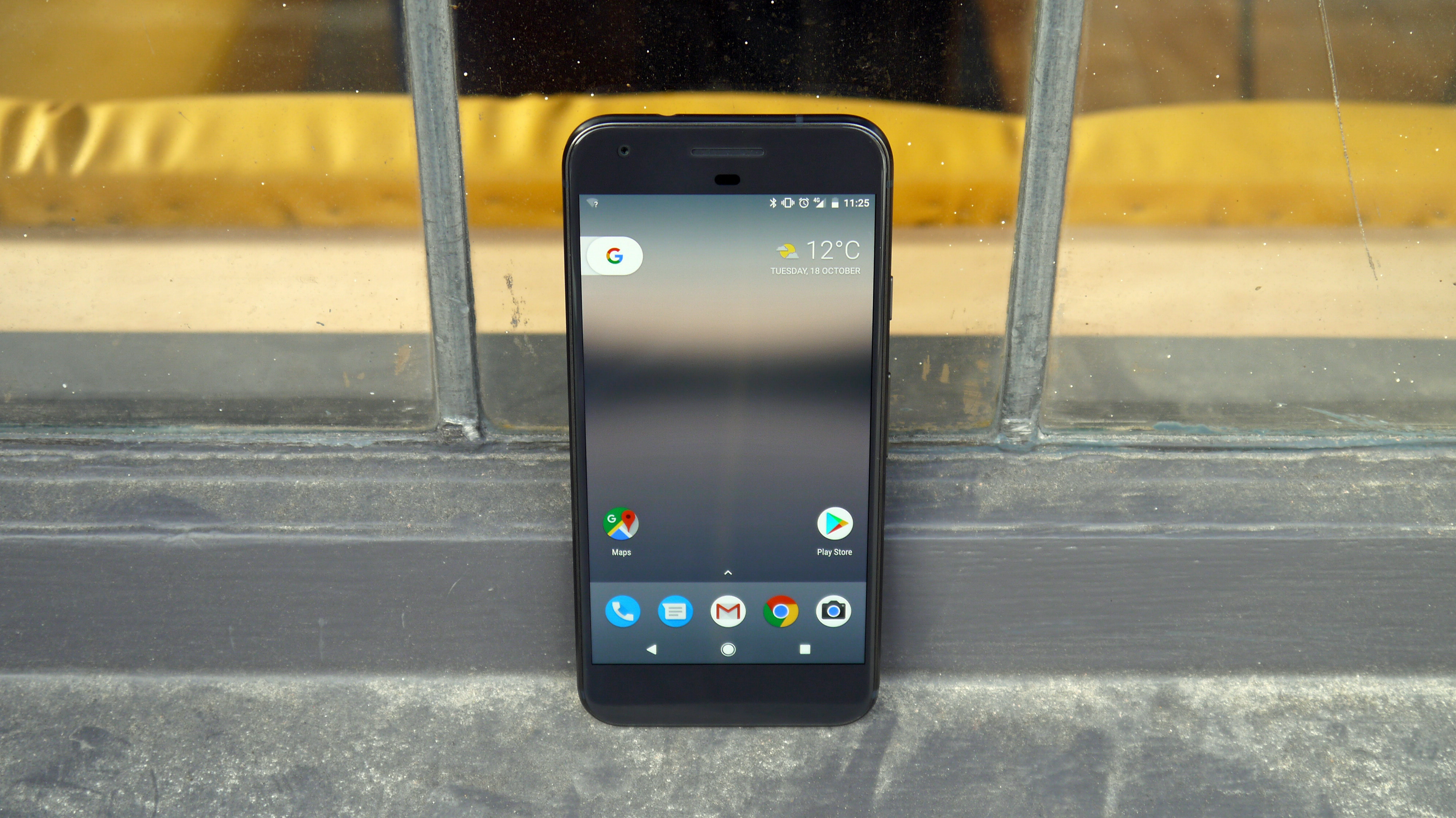Google hires Apple chip guru to make Pixel even better
Future Pixels will be pushed even harder

Google has hired Manu Gulati, whose previous work on chipsets at Apple could help to push future Google Pixel phones well above the smartphone competition.
Gulati’s title at Google is “Lead SoC Architect”, meaning that he will likely oversee research and development for the systems on a chip (SoC) that the company intends to put in products coming down the line, be it a smartphone, tablet or Chromebook.
Like most non-Apple phones, Google has leaned on Qualcomm’s Snapdragon chipsets for use in its own devices for years, including the now-defunct Nexus lineup and the current Pixel phones.
So, why stop now? Gulati gives Google the knowledge to build its own parts, which will save the company money in the long run. It can invest what would have gone toward licensing payments to Qualcomm into its own efforts.
Moreover, it’s a big step toward securing a future that’s similar to the Apple’s present situation, one in which Google has more control over both the hardware and software.
In-house benefits
The benefits of developing chipsets internally are plentiful. Aside from potentially saving money once the returns offset the research investment, the performance gains of the smartphones will likely be huge.
Along with Apple, Samsung is another company that develops its own SoC, called Exynos, which it puts in flagships like the Samsung Galaxy S8 released outside of the United States. Although the US version uses the Snapdragon 835, we found the global, Exynos-packed model to be much faster.
It’s hard to say exactly when we’ll begin to see Gulati’s work and influence seep into the Google product lineup, but given that the Google Pixel 2 is supposedly right around the corner, we might have to wait until the Google Pixel 3.
Get daily insight, inspiration and deals in your inbox
Sign up for breaking news, reviews, opinion, top tech deals, and more.
But based on what we've seen from Apple and Samsung's internal efforts, it's going to be well worth the wait.
- Via Variety
Cameron is a writer at The Verge, focused on reviews, deals coverage, and news. He wrote for magazines and websites such as The Verge, TechRadar, Practical Photoshop, Polygon, Eater and Al Bawaba.
